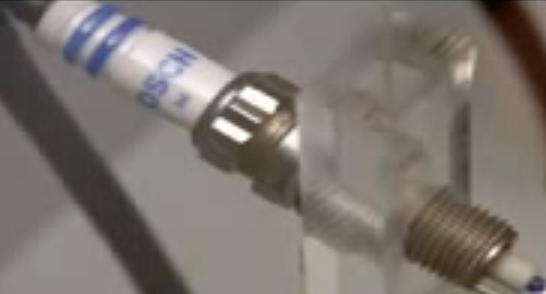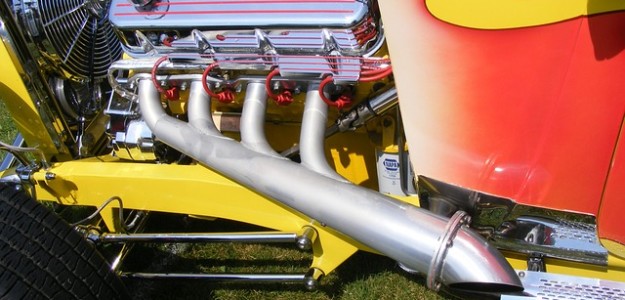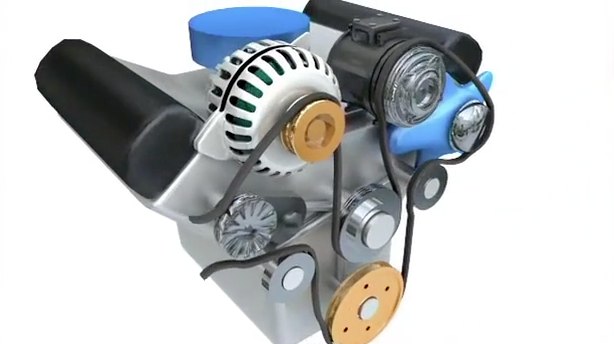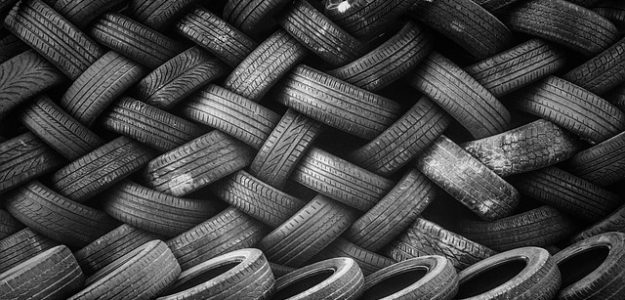Posted on 2/16/2017

People today are busier than ever, with more places to go and things to do. If you need a little more utility out of your next vehicle, here are the top five reasons to consider an SUV, or to perhaps take care of and keep the one you already have. Number Five: More Space If you're typically hauling a lot of stuff, the cargo space you'll get with an SUV will make it easy to transport groceries, sports equipment or supplies you need to maintain your home. And there will be plenty of room for your golf clubs when it's time to take a road trip. Got kids, in-laws, animals, or even lots of crazy friends to haul around? Third-row seating makes SUVs a great mode of transportation for a crowd, and there are a lot of stylish options on the market. Number Four: Improved Safety If you're concerned with safety (and who isn't?), you'll find that many of today's SUVs hold up extremely well when it comes to crash tests. Be sure to research crash test scores from the federal government and the Ins ... read more
Posted on 2/9/2017

The spark plug...not very sexy, but a critical component of a finely tuned automobile engine. Their condition can effect not only the power your engine puts out, but also how smoothly it runs and what your fuel economy will be. Here's a little history from Wikipedia... Here's how these small, but critically important parts, are made
Posted on 2/9/2017

Remember how awesome getting your first car as a teenager was and how it was a total stress out for your parents? Now it's decades later and your turn to stress with your teen's driving. I'm sure you'd agree that the safety of your family on the road is a priority for you. In no case could that be more true than if you have a teen driver in the family. Among many other factors, they are simply inexperienced. The one thing you can do is to make sure they're driving the safest vehicle possible. To help keep him or her safe, here are five things your teen's car should have. Number Five: Where the Rubber Meets the Road Start from the ground up and think about the tires on your teen's car. All-weather tires help give young, inexperienced drivers like your teen the best chance for maintaining control, especially in poor weather. Teach your teen the benefits of proper inflation and the penny test for checking tread. Number Four: Bigger Cars May Be Safer At least that's what the experts ... read more
Posted on 2/2/2017

Your automotive exhaust system should always be kept in a good working condition for many reasons. For instance, it's important for estimating fuel mileage, ensuring the safety of your occupants, and also it's also eco-friendly. Here's what you need to know about your automotive exhaust system, how it works and all the various parts. How Do They Work? The combustion chambers burn air and fuel thus releasing gases, which come out through the exhaust system. Note that these gases are harmful to the environment and humans. It's prudent to perform maintenance checks on your exhaust system to make sure everything is working as it should. These maintenance checks involve checking for holes in the exhaust pipe. Also don’t forget to look for any leaks in the passenger compartments. If any of these issues are present, it’s important to reseal the leakages to keep all the occupants of the vehicle safe. Parts Of The Automotive E ... read more
Posted on 2/2/2017

Last month we covered a lot of ground on buying and financing a good used car. Once you make that purchase, or even with the car you now own, you need to continue to be a good shopper when it comes to selecting and purchasing your car insurance. Here the five things you might want to consider when you shop for general car insurance. #5 How Much Should You Pay? When it comes to the cost of auto insurance, there are some factors you can't control, such as where you live, your age and whether you're male or female. However, you can control things like your driving record, the type of car you own and how much you drive, which is one of the biggest factors that determines how much you'll pay. #4 Do You Know Your Vehicle's History? Did you know that a vehicle involved in an accident is more likely to be in another accident? If you're planning to buy a car, it's a good idea to check its Vehicle History Report to make sure that there's not any pre-existing d ... read more
Posted on 1/19/2017

Last week we talked about choosing a good used car to buy when you're ready. The next step is paying for it, especially if you'd like to get a car that's beyond your current cash on hand. That brings us to finding a good deal on a car loan to finance that good used car you located. If you're shopping for a car and need to finance some of the costs there are five good ways you can obtain a car loan at the lowest possible interest rate and the best loan terms. 1. They Say Timing Is Everything! Interest rates on car loans float up and down with prevailing economic conditions. Do some research on current rates and key indicators that can tell you if rates are going to be steady, rising or falling in the near term. So, if you're not in a super hurry to buy your car you might get a lower rate simply by waiting for the right time to take out a loan. 2. Know Your Credit Score Banks lend money at interest rates that match their level of risk – they use credi ... read more
Posted on 12/21/2016

You know that long belt that snakes around the front of your engine? It's called the serpentine belt. The belt is driven by the engine as it turns. It powers your alternator, air conditioning compressor and power steering pump. On some vehicles it also runs the water pump, radiator fan and power brakes. It sounds like a lot of important stuff, doesn't it? If your serpentine belt were to break, your battery would die in a few miles. If it runs your fan or your water pump, your engine could overheat and steering and braking could be more difficult. Obviously, the best thing is to replace your serpentine belt before it breaks. Your owners manual recommends regular serpentine belt inspections. Just ask your Elite Auto Repair Service Advisor. You may have been told to look for cracks in your belt, to see if it needs to be replaced. Of course, cracks are still a concern, but modern belt material doesn't crack as often as old belts did. In fact, worn belts often have no visible signs o ... read more
Posted on 12/21/2016

Suppose you live in an area where extreme heat is common - like here in the Phoenix, Tempe and Chandler, Arizona area. You only have to glance around to see the aftermath. Mailboxes are melting, heat-related illnesses are more common, and roadways are buckling. So just imagine what all that heat is doing to your car. In most owners manuals the manufacturer gives two sets of vehicle maintenance requirements, normal and "severe service" conditions. If you live here in the Phoenix area, congratulations! Severe service guidelines apply to your vehicle. The heat can be brutal but with a few extra precautions your car can live a long and healthy life. Battery problems are generally associated with the winter months. But believe it or not, extreme heat can be worse for a battery than the bitter cold. Vibration and heat are a battery's biggest adversaries and can lead to a complete breakdown. Granted, there's not much to be done about the heat, but you can double-ch ... read more
Posted on 12/21/2016

When you think about it, four pieces of rubber are all that separate your car from the road. Yet, according to recent survey data, alarmingly few Americans have a clue when it comes to maintaining their tires or are equipped to deal with an emergency tire situation. Car Coach Lauren Fix offers some tips on how to properly care for your tires. According to a Michelin survey carried out for National Tire Safety Week: • Only 12% of Americas have had formal "tire education." The majority (71%) learned tire maintenance from family and friends, or a mechanic or car dealer. Surprisingly, 17% of people surveyed said they never learned how to maintain and care for their tires. • When quizzed on how to check tire pressure, more than one-third (36%) of respondents said they check their tire pressure by simply looking to see if their tires are flat, while 6% said they "kick them to see if they're soft." Proper inflation is essential for the performance and longevity of a tire. Under-inflated t ... read more
Posted on 12/14/2016

Keep your car running efficiently with these 5 money-saving car maintenance tips